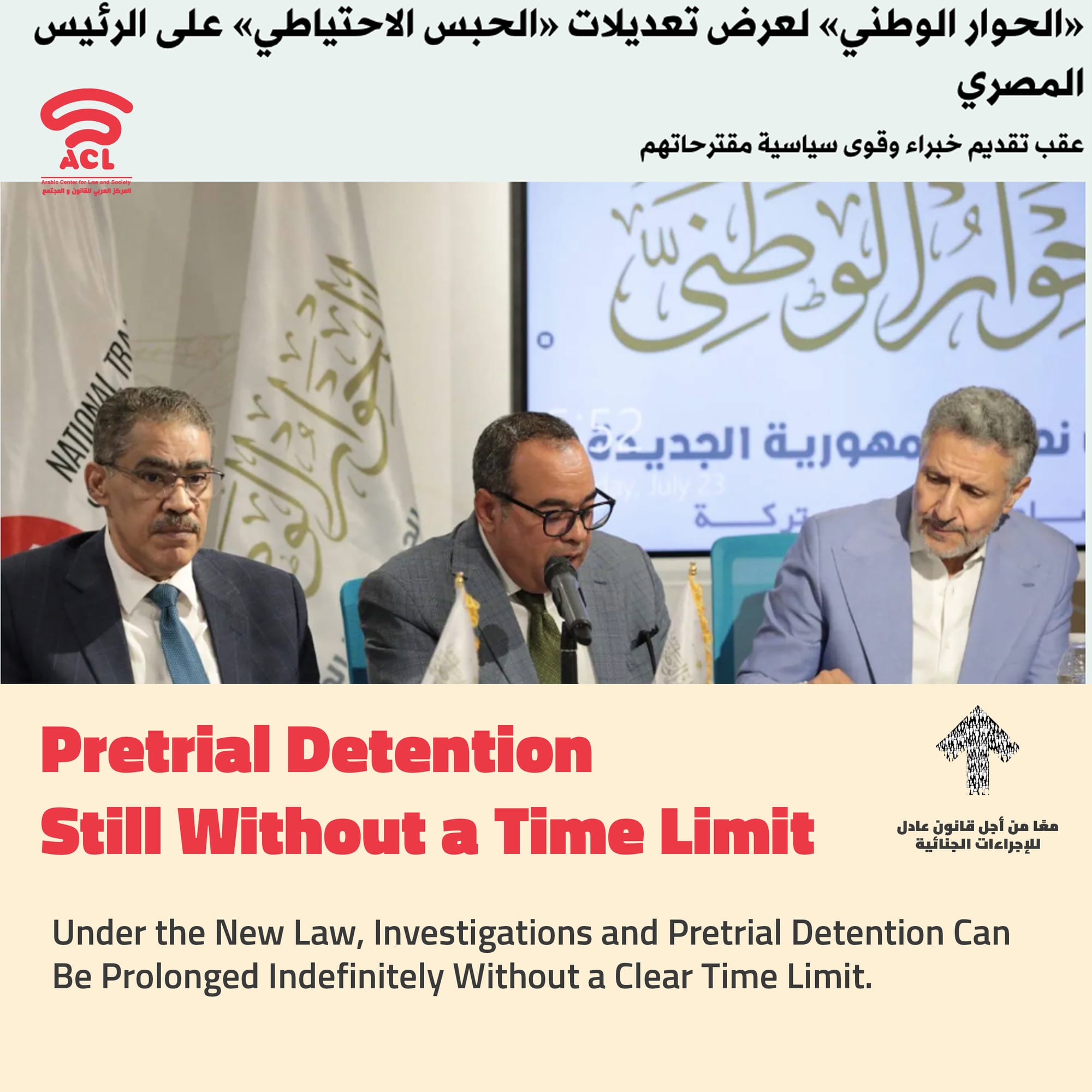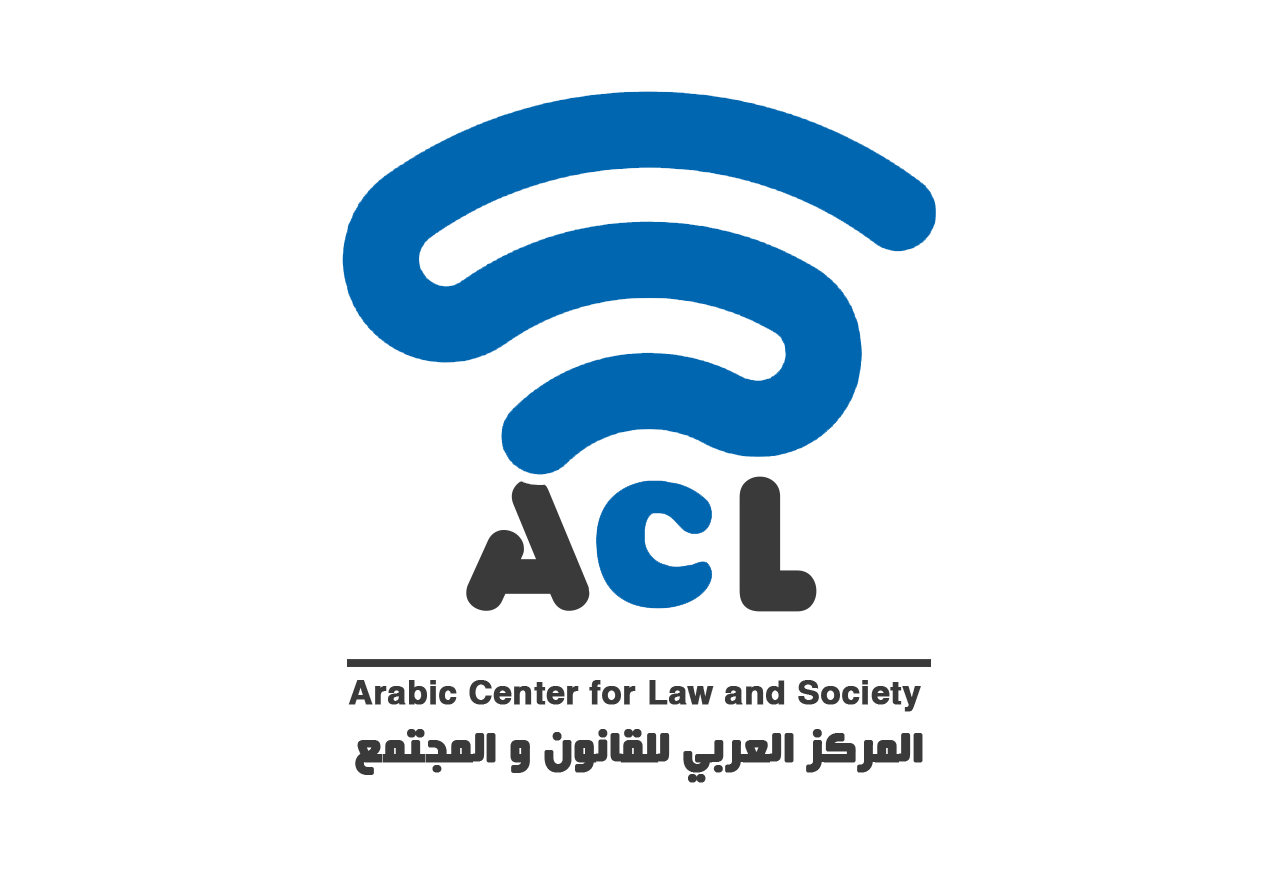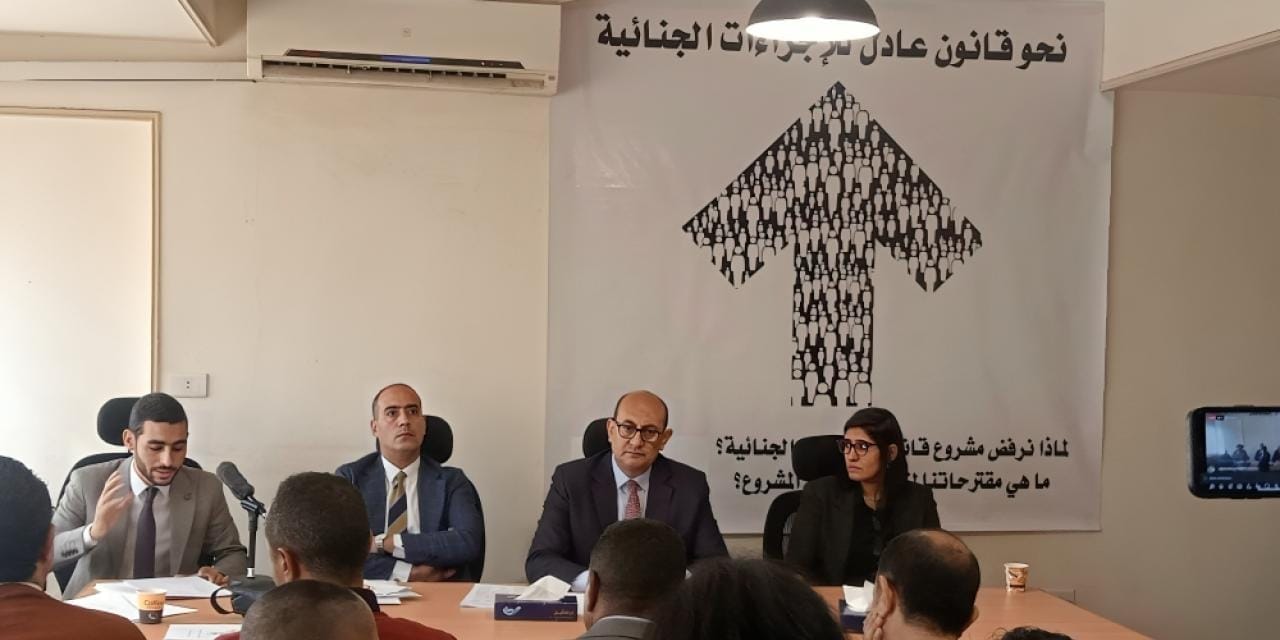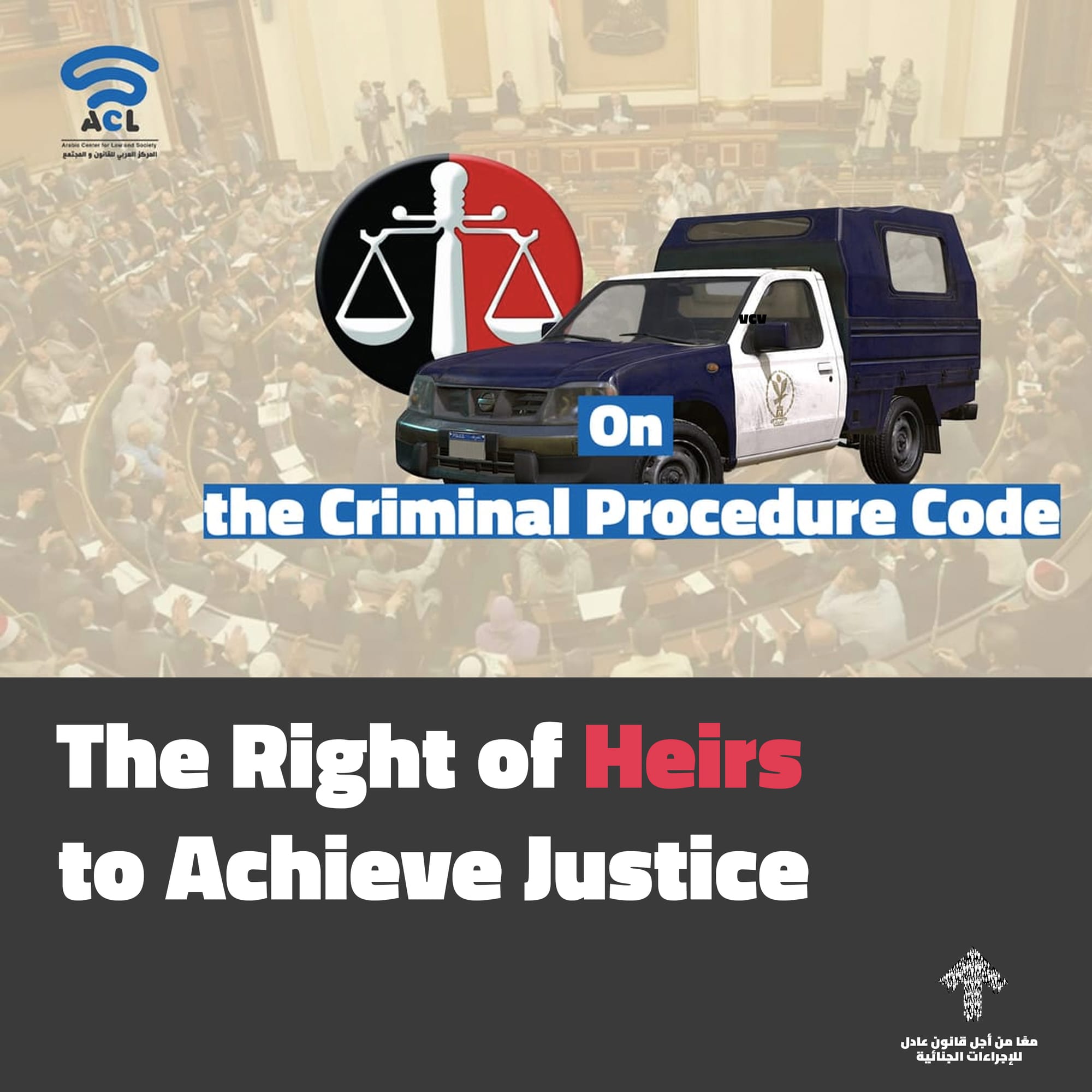Amendment to Article (122) and New Safeguards for Achieving Justice and Protecting Defendants' Rights

The criminal justice system suffers from procedural gaps that contribute to prolonged investigations and the extended pretrial detention of defendants without a clear time limit. This results in severe violations of human rights. The impact of prolonged pretrial detention extends to the families of defendants, who bear the consequences of losing their breadwinners, along with the associated economic and psychological burdens, not to mention the social stigma linked to detention. Such practices contradict the fundamental principles of justice and violate international human rights standards, as enshrined in the Universal Declaration of Human Rights and the International Covenant on Civil and Political Rights, which obligate states to ensure fair and prompt trials for all defendants.
In this context, the proposed amendment to Article (122) of the draft Criminal Procedure Law, part of the campaign "Together Towards a Fair Criminal Procedure Law," aims to end these violations by setting a time limit for completing preliminary investigations. This amendment seeks to protect defendants' rights, ensure swift justice, and maintain the stability of individuals and their families' lives.
The Proposed Text of Article (122) from the Draft Criminal Procedure Law by the Parliament:
If the investigation is not concluded and a member of the Public Prosecution deems it necessary to extend the period of pretrial detention or the precautionary measure beyond what is stipulated in Articles 120 and 121 of this law, and the cases specified in the third paragraph of Article 116 of this law, they must, before the end of the pretrial detention or precautionary measure period, submit the case files to the Misdemeanor Appellate Court convened in the deliberation chamber. The court shall issue a reasoned order, after hearing the statements of the Public Prosecution and the defendant, to extend the detention or the measure for consecutive periods not exceeding forty-five days each, if required in the interest of the investigation. Alternatively, the court may order the release of the defendant or terminate the measure, depending on the circumstances.
Nevertheless, if the defendant's pretrial detention exceeds ninety days, the matter must be presented to the Public Prosecutor to take the measures deemed necessary to conclude the investigation.
The Campaign’s Proposal for Article (122) in the Draft Criminal Procedure Law:
If the investigation is not concluded and a member of the Public Prosecution deems it necessary to extend the period of precautionary measures or pretrial detention beyond what is stipulated in Articles 120 and 121 of this law, they must, before the expiration of the precautionary measure or pretrial detention period, submit the case files to the Misdemeanor Appellate Court convened in the deliberation chamber. The court shall issue a reasoned order, after hearing the statements of the Public Prosecution and the defendant, to extend the duration of the measure or detention for consecutive periods not exceeding forty-five days each, if required in the interest of the investigation. Alternatively, depending on the circumstances, the court may decide to terminate the measure or release the defendant.
If pretrial detention exceeds ninety days, the matter must be referred to the Public Prosecutor, who shall take the necessary measures to ensure the investigation is concluded.
In all cases, the Public Prosecution must issue a decision regarding the preliminary investigation within a maximum of three years for misdemeanour cases and five years for felony cases, either by dismissing the case or referring it to trial.
Legal Analysis: What Does the Amendment Address?
- The proposed amendment requires the Public Prosecution to conclude investigations within a maximum period of three years for misdemeanours and five years for felonies. This measure protects defendants' rights from potential abuse stemming from indefinite delays in resolving their legal status without clear justification.
- The amendment acknowledges the Public Prosecution's need for sufficient time to conduct thorough investigations while ensuring the defendant's right to a fair trial within a reasonable timeframe. This balance reduces the likelihood of pretrial detention being exploited as a means of coercion or an undeclared punishment, thereby strengthening procedural justice.
- Prolonged pretrial detention is often used as an indirect penalty without a judicial ruling. The amendment establishes clear time limits, compelling judicial authorities to act promptly in handling cases, which minimizes such violations.
- The amendment aligns with the state's obligations under international human rights standards, such as those enshrined in the International Covenant on Civil and Political Rights. These standards require states to ensure fair trials within a reasonable period, reinforcing the principles of justice and accountability.
Practical Example:
In a case where an individual is accused of peaceful protest without a permit or spreading information deemed "false" by the authorities, the defendant is placed in pretrial detention for extended periods without a clear timeframe or a final decision on their fate.
- Before the Amendment:
The defendant remains detained for prolonged periods without a clear resolution or timeframe. This results in significant psychological and social harm to both the individual and their family, compounded by the social stigma associated with detention.
After the Amendment:
The Public Prosecution becomes obligated to resolve the case within a maximum timeframe of three years (for misdemeanours). This prevents the indefinite suspension of the defendant's fate, helps protect their rights, and ensures expedited justice.




